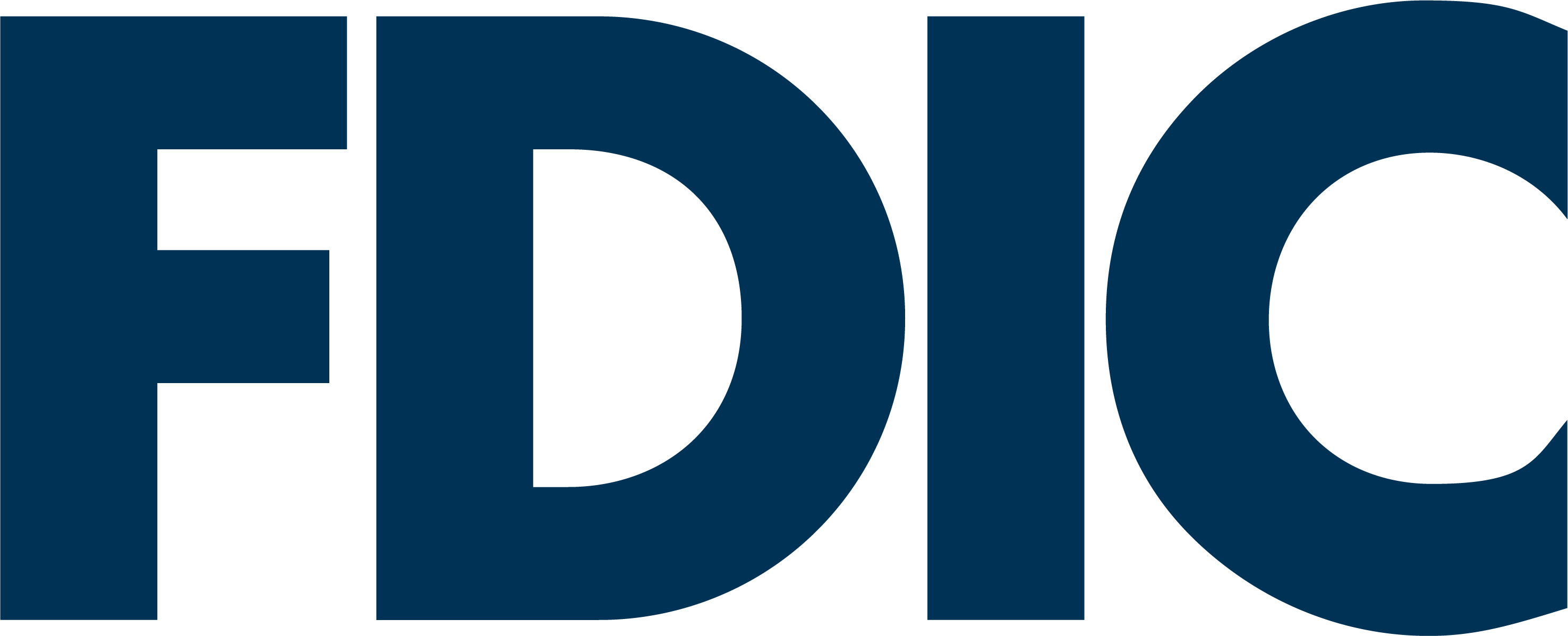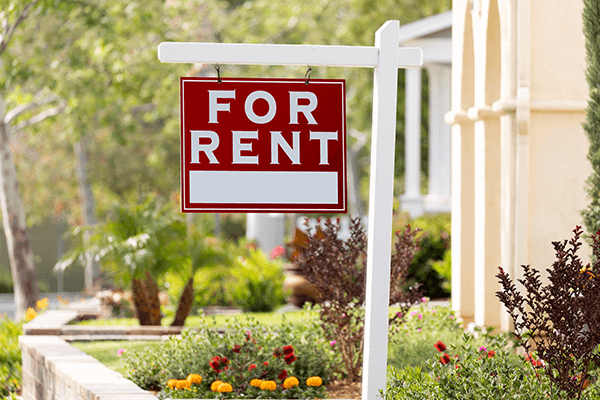
Buying Your First Home
Learn How to ApplyMortgage: An Overview
Buying your first home is an important milestone in your life. At United, we take a personal approach to home financing—we’ll walk you through the entire process, and we’ll spend time working to understand your finances and long-term goals to match you with the loan product and term that makes the most sense for you. If you have questions at any point, call 1-800-914-8224 to connect with a local lender.Ready to get started? Let’s begin with the basics.
What's a mortgage?
A mortgage is a type of loan that lets you borrow money from a lender to purchase or refinance a home. In exchange, you pay interest on what you borrow, and if you can’t repay the loan, the lender has the right to take the property.Resources to Get You Started
Overview of Buying a Home
Monthly Mortgage Payment
The Down Payment
Homeowners Insurance

Why United for First-time Homebuyers?
A house will likely be the largest purchase of your life, and it will be where you’ll spend most of your time. We don’t take that lightly. When you have questions, our team is here to answer your call and walk you through every step of the process. We also have several products designed just for first-time homebuyers—including five 100% financing (no down payment) options and down payment assistance options.2
When you choose United for your first mortgage, you’ll benefit from:
- Digital application
- Online mortgage payments
- Large selection of mortgage products
- United Signature Checking Account3
- Employees committed to customer service
- .25% discount when you use auto-pay on certain loan products4
- Competitive rates and closing costs
- Communication to keep you updated about your loan’s progress
Ready to get started?
Preparing to Apply for your Mortgage

Prepare Your Finances
To get the mortgage application started, you’ll need several documents prepared: two years of W2s, paystubs covering at least 30 days, two months of bank statements for all your accounts, and your government-issued I.D. Depending on your specific product, there will also be a minimum required credit score.
A member of our team will let you know how much you could qualify for and what your monthly payment would be with varying loan amounts. That way, you can make sure you’re comfortable with your potential house payment before you make an offer on a home.

United's Mortgage Interest Rates
We believe the first step toward superior customer service is setting realistic expectations. And that starts by quoting you a rate we know we can stand behind.6
Ready for your rate quote? Our team of expert mortgage lenders is ready to connect with you.
The Mortgage Application Process
Ready to apply for your first mortgage? It's easy to apply for a mortgage with United Community Bank. Once you have your finances ready, you'll need these items handy to get started!
Form W-2
Paystubs
Government-Issued ID
Bank Statements
Apply for a Mortgage Now
Begin your secure application.
Not quite ready to apply? Find a mortgage lender to connect with, visit a local branch, or give us a call at 1-800-914-8224.
Finances Prepared: What's Next?
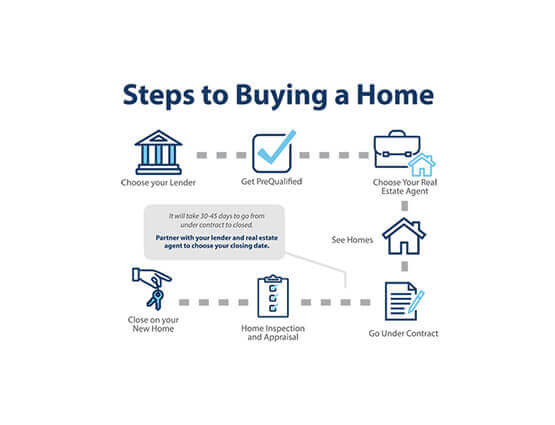
Start your Home Search
We recommend starting the process by selecting your lender and understanding your home budget—the home search will be much simpler when you know exactly how much home you can afford.
Then you can choose your real estate agent and start searching for your dream home. Once you go under contract, you’ll submit a full mortgage application using all of the financial documentation you gathered (the property address is needed to complete the application). Once that happens, you’ll receive your loan disclosure documents – they outline the loan details and estimated costs.
If your loan application is approved, it heads to underwriting where it receives conditional approval. Basically, that means you’ve met most of the requirements to get your mortgage, but there are still documents our team needs before we can finalize the deal. Keep in mind that those forms aren't the final version and will likely be slightly adjusted once your closing attorney looks at them.
It typically takes 30-45 days to go from under contract to closed, with several required inspections in between. Partner with your lender and real estate agent to choose your closing date.
Welcome Home!
At Closing
- Be prepared to sign lots of paperwork
- Bring your ID
- Your settlement agent (closing attorney) will let you know how to pay closing costs and the amount you need to bring to closing (if applicable)
After Closing
The home is officially yours—and it’s time to start making payments. If you prefer to make your first payment by check, you’ll find instructions to do that in your closing package. You’ll also receive an email two weeks prior to your first payment with instructions on how to pay online if you don’t have autopay set up already.
Congratulations!
Congrats! Buying your first home is a huge accomplishment and one that deserves celebrating. Now that you’re a homeowner, your house payment is probably one of the highest bills you will pay each month. So imagine what life would be like if you could eliminate that monthly expense... Learn 4 strategies to pay off your mortgage faster.
Need a little extra help? Connect with your local lender today!
Call 1-800-914-8224 to get started or fill out the form below.
Connect with a local lender.
Fill out the form below or call 1-800-914-8224 to get in contact with the Mortgage Services team.
Have a question about an existing home loan? Call 1-800-UCBANK1 (1-800-822-2651) and choose Option 6 to connect directly with our loan servicing experts.
Frequently Asked Questions
The interest rate on a fixed-rate mortgage stays the same throughout the life of the loan. With a fixed-rate mortgage, you don’t have to worry about your rate going up and causing a bigger monthly payment than you’ve planned on.
Get seven more tips for improving your credit score.
Didn't find what you are looking for? View All FAQs or Contact Us
Find Your Local Lender

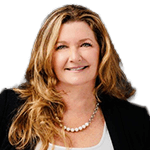
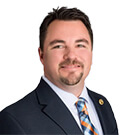
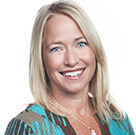


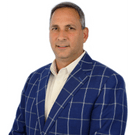


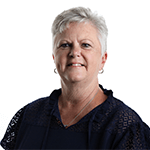

.png?width=140&height=140&ext=.png)


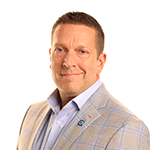
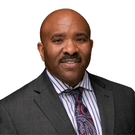


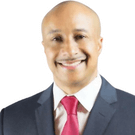
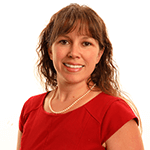


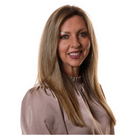

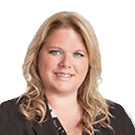
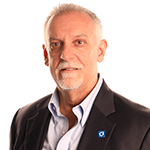


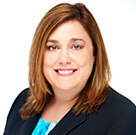
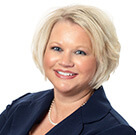
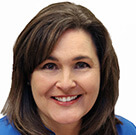

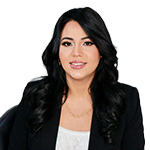


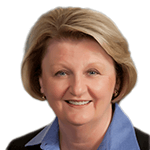
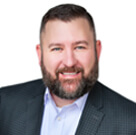


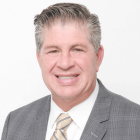



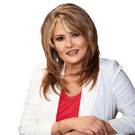

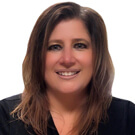
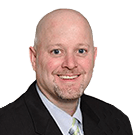
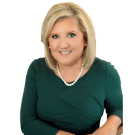.png?width=135&height=135&ext=.png)

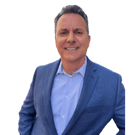

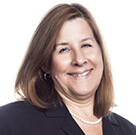


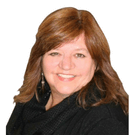
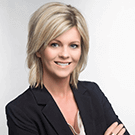
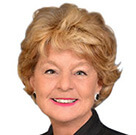


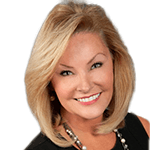
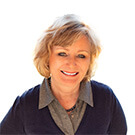
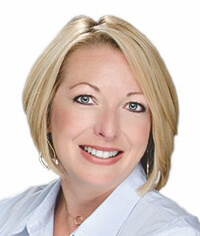
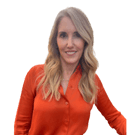

Helpful Resources
-
Not all borrowers will qualify. This is not a commitment to lend. Benefits listed may not apply to every borrower.
2Private mortgage insurance may be required for financing above 80% loan to value.
3Avoid monthly service charge on United Signature Checking account by maintaining $15,000 minimum daily balance. You may also avoid the monthly service charge if you maintain $25,000 in combined consumer deposit balance(s) or maintain $50,000 in combined outstanding principal balances in consumer loan accounts owned and serviced by United Community Bank. Additionally, the monthly service charge may be avoided if the primary account holder for this account also maintains assets under management with United Community Advisory Services, or maintains a mortgage loan serviced by United Community Mortgage Services or our mortgage servicing provider on behalf of United. (Note: United Signature Checking, advisory services and third party serviced loans must all be reporting under the same tax identification number in order to qualify for service charge waiver.)
4 Discount is applied to locked interest rate and will be detailed in initial disclosures and initial closing disclosures. Auto-pay discount is available for all United portfolio products except construction loan products. Discount is received through an ACH authorization form. United Community account from which the payment will be drafted must be opened and all requirements fulfilled prior to closing. Auto-pay discount will not be offered after loan is closed.
5 Adjustable Rate Mortgage (ARM) loans are variable rate loans; interest rates and payments may increase after consummation. After the initial fixed-rate period, your interest rate can increase or decrease every six months according to the market index. Any change may significantly impact your monthly payment.5Adjustable Rate Mortgage (ARM) loans are variable rate loans; interest rates and payments may increase after consummation. After the initial fixed-rate period, your interest rate can increase or decrease every six months according to the market index. Any change may significantly impact your monthly payment.
6 Rates offered are good only at the time offered. Mortgage interest rate is not guaranteed until rate is locked and then is guaranteed only for set lock period. Property address is required to lock rate.
© 2023 United Community Bank | NMLS# 421841 | ucbi.com/mortgage | United Community Mortgage Services is the mortgage lending division of United Community Bank. We are an approved seller/servicer for the Federal National Mortgage Association (Fannie Mae) and the Federal Home Mortgage Corporation (Freddie Mac). Normal credit criteria apply. This is not a commitment to lend. Offer subject to change without notice.
